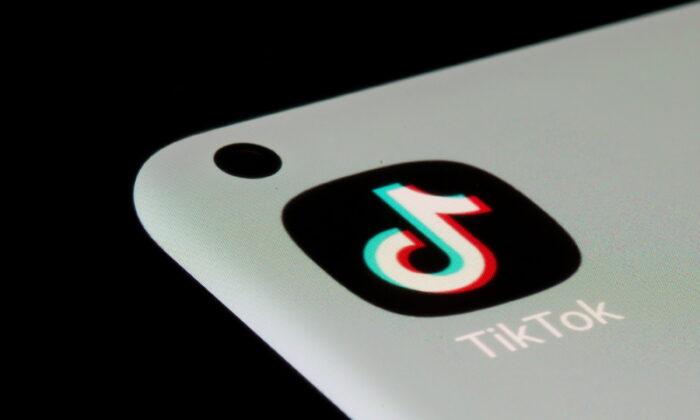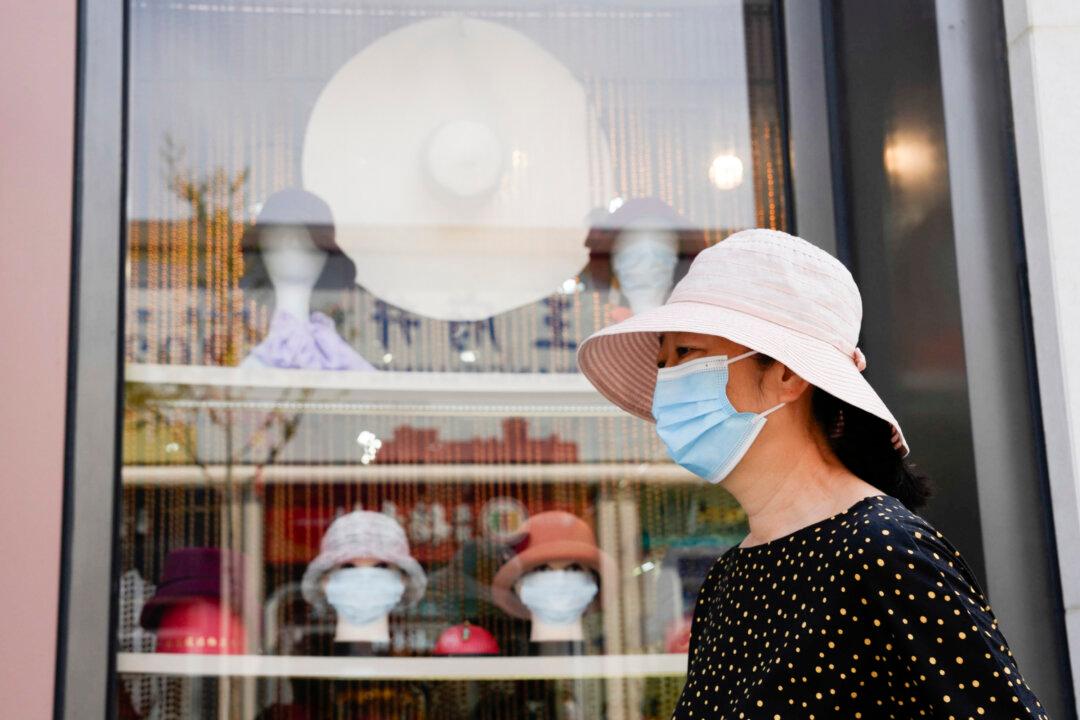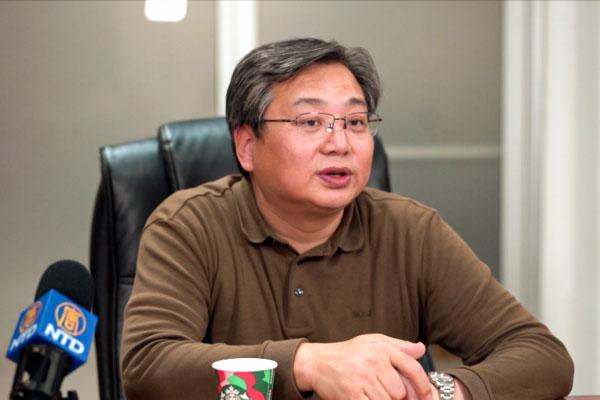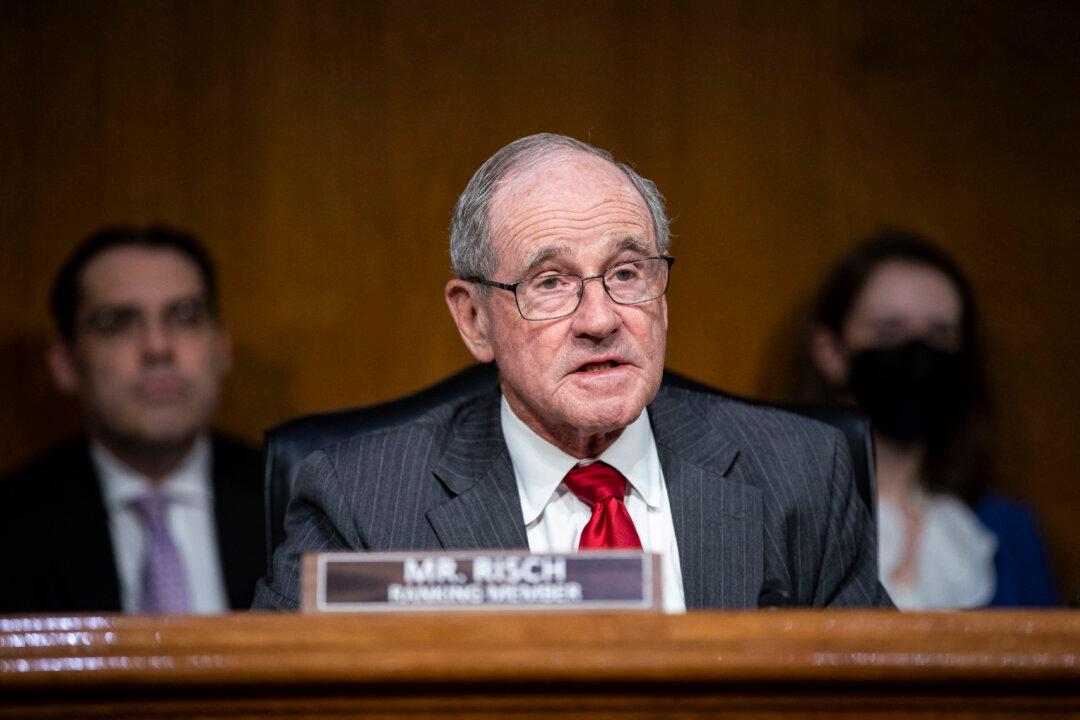Australia’s home affairs minister has ordered cybersecurity authorities to investigate social media giant TikTok’s data collection security.
Clare O’Neil, who is also the cybersecurity minister, called on Australians who use TikTok to be cautious of data collection by the app.
“I’d say to Australians: if you’re using TikTok, think about what data of yours might be being collected, and know that we’re not always 100 percent confident of how that data’s being used,” O'Neil said on an Australian Broadcasting Corp. (ABC) TV program on Sept. 5.
“We do need to take precautions in this digital age.”

Concern About ‘Authoritarian Countries’
The minister said this is more than TikTok’s data collection.“This is a much bigger issue about how, as Australians. We’re going to engage with technology that’s invented in authoritarian countries,” O’Neil said on ABC.
TikTok is a hugely popular short-format video platform that allows users to create, share, and view 15-second videos, often featuring singing, dancing, or comedy.
The app attracted 100 million Chinese users within a year of its September 2016 start in China as “Douyin,” and was relaunched as TikTok internationally in September 2017, attracting dozens of A-list celebrity users and partnerships with the NBA, NFL, and Comedy Central.
By 2020, less than four years after its founding, TikTok reported nearly a billion active users worldwide.

However, the China-based social media platform has drawn scrutiny because of censorship, its ownership by the Chinese company ByteDance, and a reported link to the Chinese Communist Party, which can make a direct request for access to user data under the 2017 National Intelligence Law.
O’Neil said she ordered the review.
“But I would just say to Australians: This is a really hard and very new problem. There is no country in the world that has quite nailed this,” she said.
Shadow Cybersecurity Minister: Don’t Rule Out Ban
Liberal Sen. James Paterson, shadow minister for cybersecurity and countering foreign interference, called on the government not to rule out a ban on TikTok.He said the coalition would support “any appropriate initiatives the government proposes” after the review, but suggested the government must consider all options, including a ban.
“It’s possible that some of the privacy and cybersecurity risks with some of these apps can be successfully mitigated by regulation, but it’s also foreseeable that tougher measures including banning are the only satisfactory solution with others.”

Paterson said options for handling social media platforms could include strengthening data security regulations, such as requiring Australian users’ data to be stored in Australia and blocking access from authoritarian countries such as China.
He said the government could also consider foreign interference disclosure measures, such as requiring accounts to be identified if they are associated with a foreign government.
The review will also look at other social media, including WeChat, another Chinese app that’s popular among Chinese Australians, Sydney Morning Herald reported.
“It’s not just about TikTok,” O’Neil told the news outlet.
“We’ve got this basic problem here where we’ve got technology companies that are based in countries with a more authoritarian approach to the private sector, and this is a relatively new problem.”
Home Affairs Department officials didn’t confirm if the review would include WeChat.
“The Minister for Home Affairs has asked the Department to undertake a review of the security risks social media companies present and the settings which govern them,” a spokesperson for the Department told The Epoch Times in a email.
“The security review will consider options to address data security risks as well as other national security concerns as they relate to social media companies.”
“The outcomes of the security review will be provided to the Minister for Home Affairs in early 2023.”




